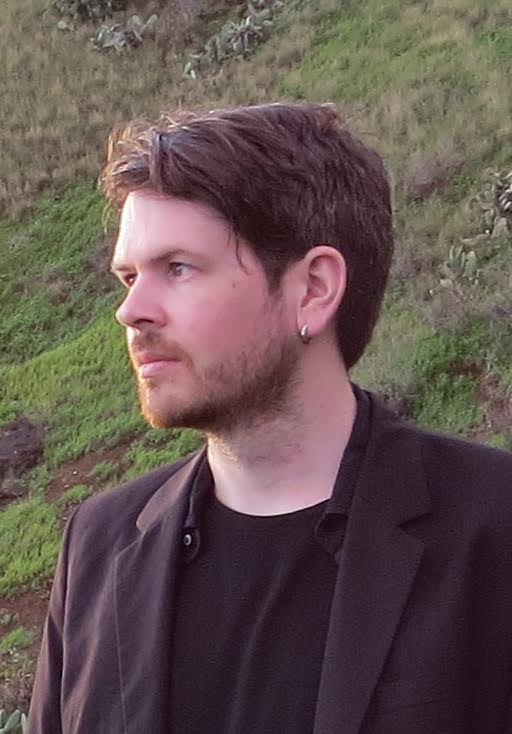KRISTOFFER NOHEDEN
Research Fellow, Department of Media Studies, Stockholm University

Cinematic Possession: Trance in Films by Maya Deren, Jean Rouch, and Andrzej Żuławski
Andrzej Żuławski’s 1981 feature film Possession features a scene that tends to stay with spectators. In a blue dress, Virgin Mary-style, the female protagonist Anna walks through a metro station; suddenly, her gaze becomes transfixed, her body tenses up, and she starts moan. Shaking and convulsing, Anna is launched into a several minutes long trance, during which she emits inhuman-sounding groans, smashes her groceries against the bare concrete walls, and milky-red fluids pour from various parts of her body. Żuławski claimed to have actually put the actress Isabella Adjani into a trance, with methods learned from “Haitian voodoo”. Regardless of the truth value in this claim, the mentioned scene in Possession appears to break through the film’s fictional frame, a documentary rupture of the diegesis. In this way, it can be related to earlier attempts at capturing trance and possession with the film camera. This paper places Possession in relation to the American avant-garde filmmaker Maya Deren’s subjective take on trance in Meshes of the Afternoon and the ethnographic film-maker Jean Rouch’s infamous depiction of a Hauka possession ritual in Les Maîtres fous (1955). These films depict states of trance as a solipsistic, shamanic descent into the self and as a collective, revolutionary manifestation of unconscious energies on the body, respectively. The paper examines how these different takes on trance resonate with Anna’s state of possession. It looks to how Żuławski, informed by Jerzy Grotowoski’s notion that theatre ought to confront established religion in order to regain a more acute sense of the sacred, lampoons both Christianity and new age throughout Possession, only to posit Anna’s trance as a transformative, transgressive experience.
Kristoffer Noheden is a research fellow in cinema studies at Stockholm University. His research focuses on surrealism in relation to occultism, primitivism, and, most recently, animal studies. He has forthcoming book chapters in Surrealism, Occultism, Politics (Ashgate, 2016), A Cultural History of the Avant-Garde in the Nordic Countries, 1925–1950 (Brill/Rodopi, 2016), Black Mirror 1: Embodiment (Fulgur, 2016), and Occult Modernism: The Occult in Modernist Art, Literature, and Cinema (Palgrave, 2017). He is currently working on two book manuscripts, tentatively titled Haloed Objects on Mental Parade: Myth and Magic in Post-War Surrealist Cinema, and Imagination Against Anthropocentrism: Surrealism and Animals. Noheden is also a publisher and editor at Sphinx Press (www. sphinxforlag.se), and the translator into Swedish of books by William S. Burroughs, Leonora Carrington, Max Ernst, and Dorothea Tanning.
